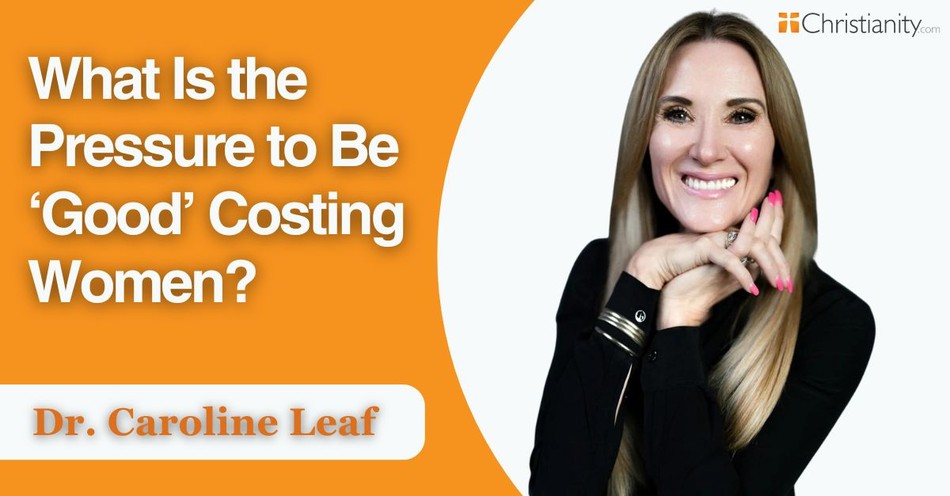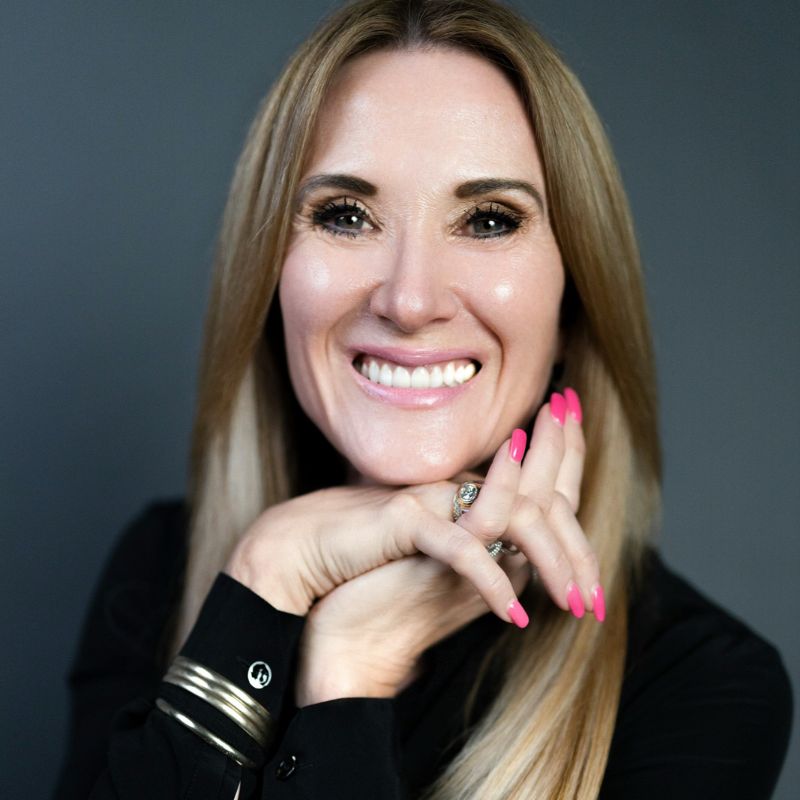
In this podcast (episode #593) and blog, I talk to bestselling author and podcast host Elise Loehnen about being a woman in today’s world, the price we as women pay to be “good” and “on our best behavior,” how this impacts our mental wellbeing, and so much more!
Elise is the host of Pulling the Thread, a podcast focused on pulling apart the stories we tell about who we are—and then putting those threads back together. She is a seeker and synthesizer, braiding together wisdom traditions, cultural history, and a deep knowledge of healing modalities to unlock new ways to contextualize who we are and why we’re here.
She’s also the author of the New York Times bestseller On Our Best Behavior: The Seven Deadly Sins and the Price Women Pay to Be Good. This incredible book explores how male-dominated cultures impact women and are embedded in our consciousness, leading to our own self-policing behavior. It is about the way we as women are programmed by society to adhere to certain ideas about “goodness”. In many ways, we are directed from youth to be on our best behavior, while men are directed to be powerful, which affects all parts of a woman’s life.
The idea of a woman’s goodness as external and judged by society is different to the goodness that belongs to all of us, as human beings, intuitively. This external sense of “being good” is often compelled and performative in nature, and this happens unconsciously—it is a script that we as women didn’t necessarily choose but it is foisted upon us from birth. It is fed to us as a map to morality, belonging and approval, often suppressing and repressing what it truly means to be authentic to ourselves as women.
In many ways, this “script” is based on social notions of the seven deadly sins found in Christianity: pride, greed, lust, envy, gluttony, wrath, and sloth. For example, Elise points out in her book that seeing sloth as sinful leads women to deny themselves rest, a fear of gluttony drives them to ignore their appetites, and an aversion to greed prevents them from negotiating for themselves and contributes to the 55 percent gender wealth gap we see in our world today. Elise shows how we, as women, have been “programmed to obey the rules represented by these sins and how doing so qualifies us as ‘good’” and determines our worth in society. From youth, we are taught to internalize this way of thinking and acting, often unwittingly reinforcing it through our own choices and behavior: a good woman is never tired, puts other people’s needs first, doesn’t need attention or praise, has no appetite and is on the small side, is desirable but not desiring or sexual, doesn’t talk about money or understand it very well (even though her job is to support the economy), and she never complains about any of this.
Of course, this idea of “goodness” and “being on your best behavior” is not as simple as men versus women. In many ways, we unconsciously police ourselves and other women according to these standards, which means that we have to work too deliberately to break down these ways of thinking to change them. We have to unsubscribe from these unconscious patterns and ways of being if we want to change the world for the better and help women be more authentic to themselves and their intuitive sense of what it means to be “good”. The more we are aware of this and can observe it in ourselves and others, the more we can challenge and change the narrative—we can tell different stories about ourselves and other women, celebrate the “feminine”, and lay the groundwork for empowering women in the future.
For more on being a women in today’s world, listen to my podcast with Elise (episode #593) and check out her incredible work and her book On Our Best Behavior: The Seven Deadly Sins and the Price Women Pay to Be Good. If you enjoy listening to my podcast, please consider leaving a 5-star review and subscribing. And keep sharing episodes with friends and family and on social media. (Don’t forget to tag me so I can see your posts!).
Originally published by Dr. Caroline Leaf. Used with permission.
Switch On Your Brain LLC. is providing this podcast as a public service. Reference to any specific viewpoint or entity does not constitute an endorsement or recommendation by our organization. The views expressed by guests are their own and their appearance on the program does not imply an endorsement of them or any entity they represent. If you have any questions about this disclaimer, please contact [email protected].
This podcast and blog are for educational purposes only and are not intended as medical advice. We always encourage each person to make the decision that seems best for their situation with the guidance of a medical professional.
Photo Credit: SWN Design




